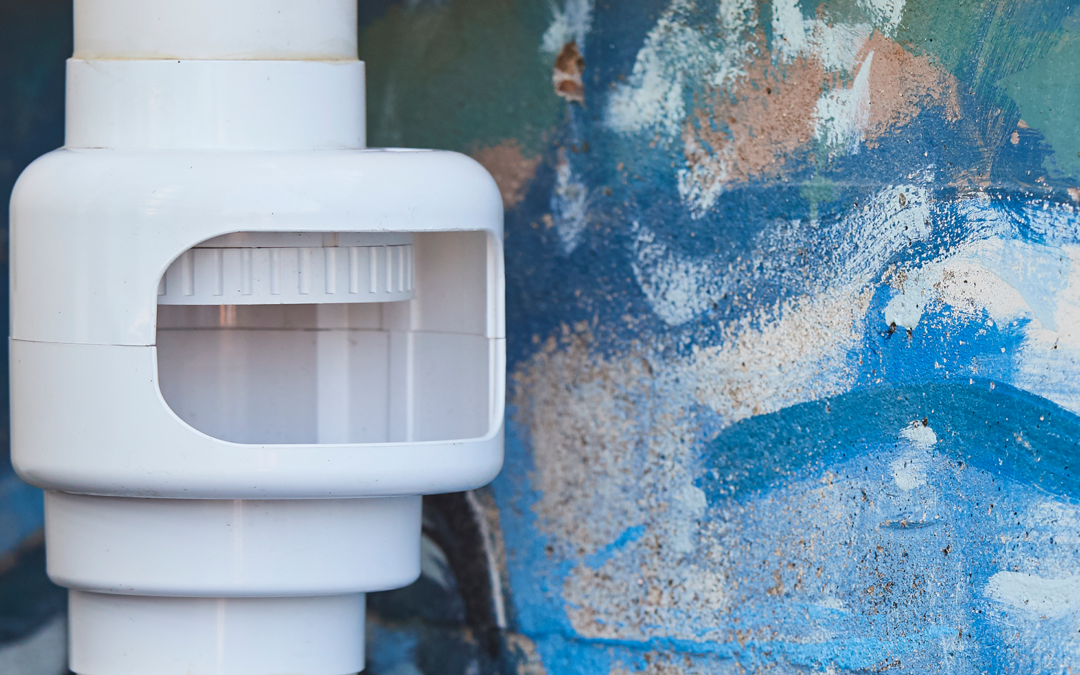By collecting rainwater, individuals and communities can reduce their dependence on traditional water sources while conserving resources. However, it is important to address the potential risks associated with stormwater backflow, which can contaminate stored rainwater. In this article, we will explore the necessity of stormwater prevention and its significance in safeguarding your water supply.
The necessity of stormwater prevention
During heavy rainfall or when there are blockages in the local stormwater network, there is a risk of stormwater backup. This runoff can carry various pollutants, including debris, sediment, chemicals, and microorganisms. If this contaminated water enters your rainwater storage system, it can compromise the quality and safety of your collected rainwater. Therefore, implementing stormwater prevention measures becomes crucial.
Protecting Your Water Quality
Maintaining the quality of your rainwater is paramount, particularly if you plan to use it for drinking, cooking, or other household needs. Stormwater can introduce harmful substances into your storage system, potentially leading to health risks. Therefore, it is essential to implement protective measures to prevent stormwater contamination and ensure the cleanliness of your stored rainwater.
Avoiding Costly Damage
Aside from compromising water quality, stormwater backup can also cause significant damage to your property and infrastructure. Excess water entering your rainwater tank can overload the system, resulting in flooding, structural damage, and even mould growth. These issues can be costly to repair and may require extensive remediation. By implementing stormwater prevention measures, you can mitigate these risks and protect your property from water-related damage.
Benefits and Savings
Health and Safety
By taking steps to prevent stormwater contamination, you prioritize the health and safety of your household. Clean and uncontaminated rainwater reduces the risk of waterborne diseases, ensuring the well-being of your family members.
Financial Savings
Investing in stormwater prevention measures can lead to long-term financial savings. By protecting your water supply from contamination, you minimize the need for additional filtration or treatment systems, which can be expensive to install and maintain. Furthermore, by avoiding property damage caused by stormwater backup, you save on costly repairs and potential insurance claims.
Environmental Impact
Rainwater harvesting itself is an environmentally friendly practice as it reduces the demand for treated water. However, preventing stormwater contamination further enhances the sustainability of your rainwater collection system. By ensuring the purity of collected rainwater, you reduce the strain on local water resources and contribute to water conservation efforts.
How can I prevent stormwater from entering my rain harvesting system?
If you’re looking to safeguard your rainwater storage system from stormwater contamination, one of the most effective steps you can take is to install an Air Gap. By incorporating this stormwater prevention accessory into your rainwater harvesting setup, you create a reliable barrier against backflow and ensure the integrity of your water supply. The Trou d'air acts as a physical break in the line, creating a separation between your tank and the local stormwater network. During heavy rain or blockages in the stormwater system, the Trou d'air‘s open mouth provides a direct outlet for backflow water. Instead of entering your tank and potentially contaminating your stored rainwater, the water flows out of the Trou d'air, effectively diverting it away from your system. By creating a barrier and managing overflow, the Air Gap ensures the cleanliness and quality of your collected rainwater.
As the popularity of rainwater harvesting grows, it is essential to address the potential risks associated with stormwater contamination. Implementing stormwater prevention measures becomes crucial in safeguarding the quality and safety of your collected rainwater. By prioritising the protection of your water supply and considering the necessity of stormwater prevention, you can ensure the long-term viability and reliability of your rainwater harvesting system.
